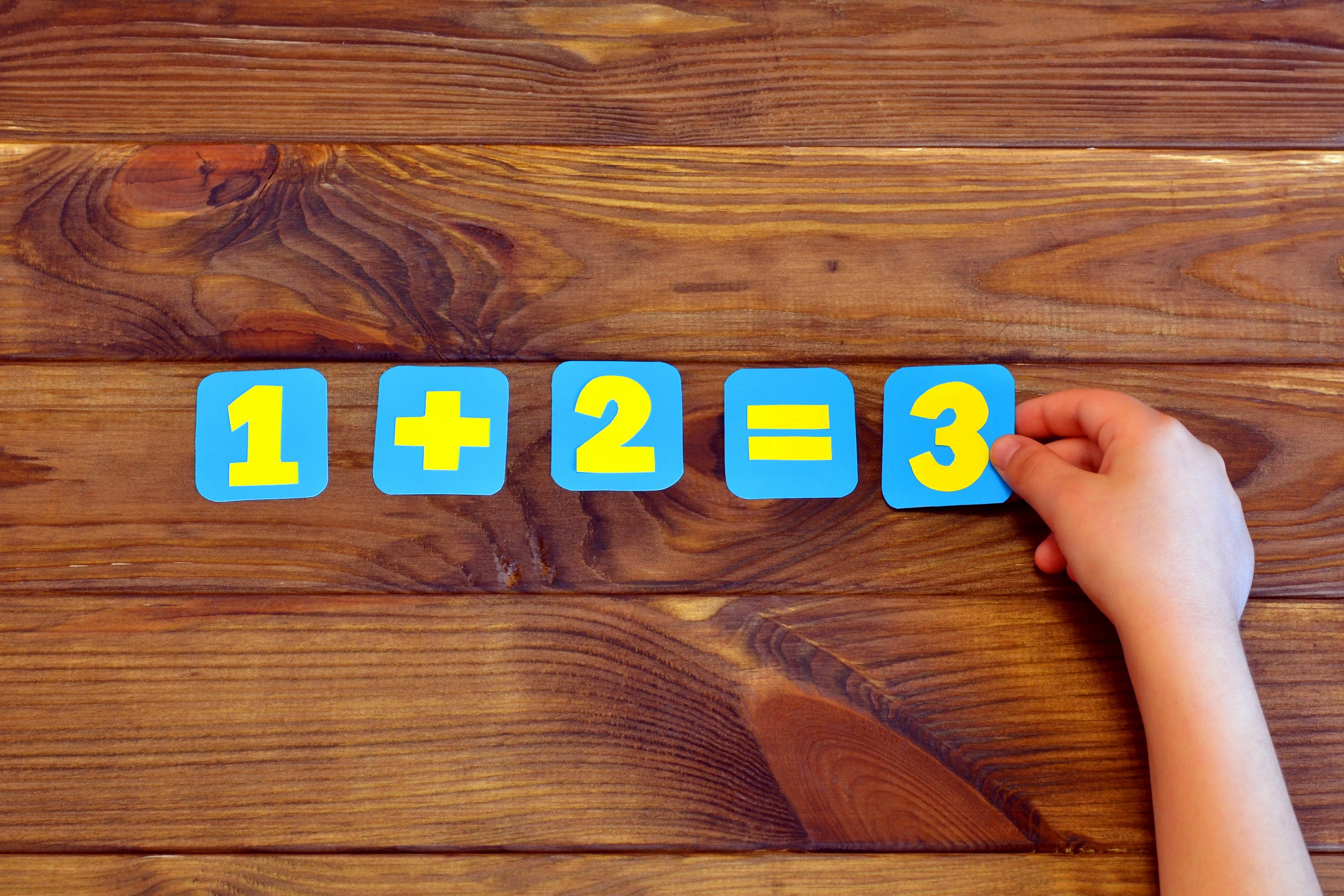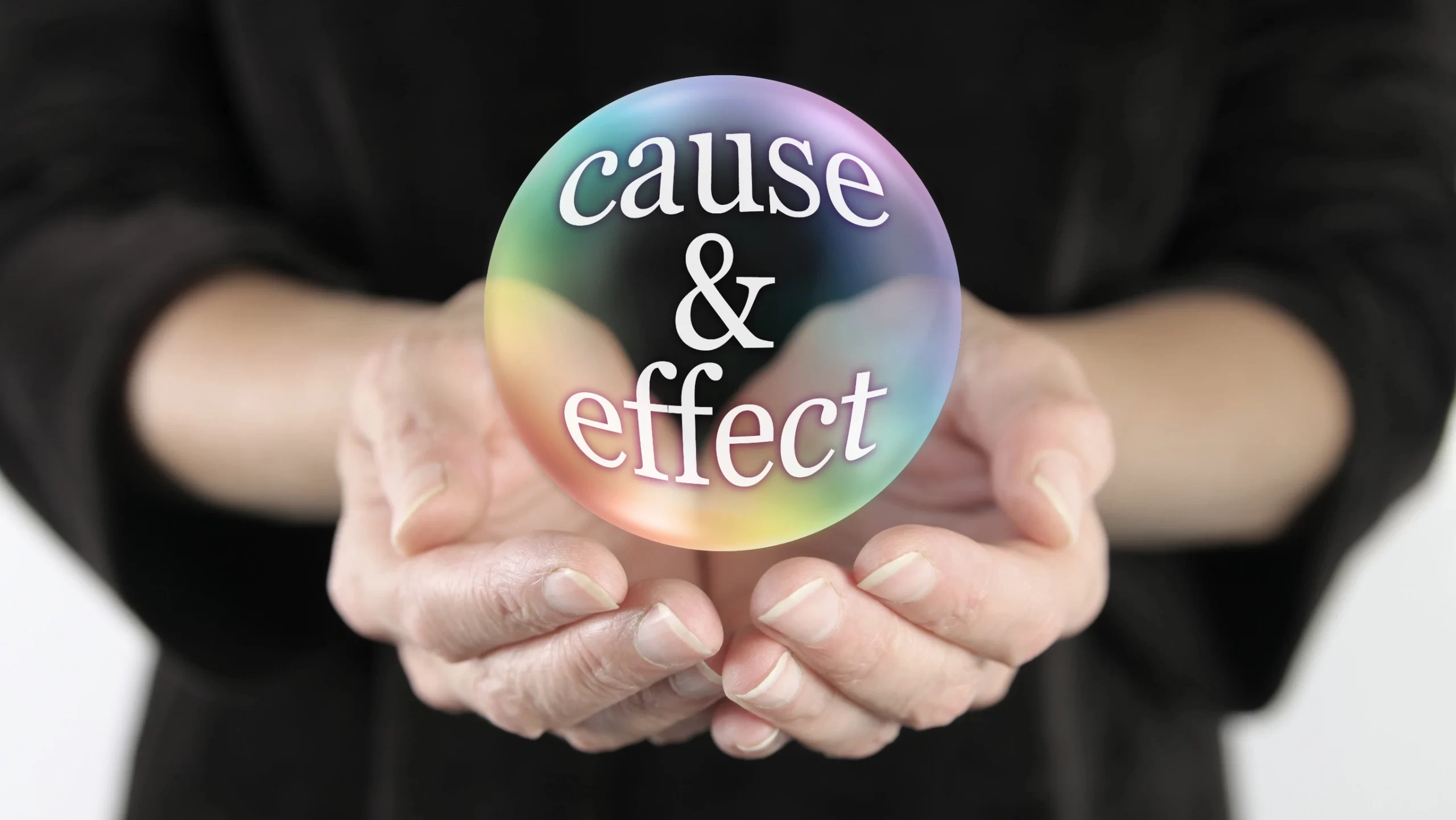In a world where education paves the path to opportunities and broadens our understanding, the absence of it can manifest in subtle yet telling behaviors. Education extends beyond academic learning; it shapes our interactions, problem-solving abilities, and perspectives. Here are 13 surprising behaviors that might suggest a person’s educational background is lacking, shedding light on the significance of continuous learning and intellectual growth.
1. Struggles with Basic Literacy

An immediate indicator of undereducation is difficulty with basic reading and writing. This fundamental skill gap can hinder a person’s ability to comprehend written materials, articulate ideas in writing, and effectively engage in tasks that require literacy.
2. Limited Vocabulary

A constrained vocabulary often signifies limited educational exposure. An individual may struggle to express complex thoughts, resulting in repetitive language and simplistic explanations. This can impede their ability to communicate effectively in diverse settings.
3. Difficulty Grasping Abstract Concepts

Individuals with limited education might find it challenging to understand or discuss abstract ideas. This can be apparent in conversations about theoretical subjects, where they may seem unable to engage meaningfully or critically.
4. Challenges with Critical Thinking

Critical thinking involves analyzing information to form a judgment. Those with a lack of education might accept information without scrutiny, displaying a deficiency in critical analysis and reasoning, which are fundamental components of informed decision-making.
5. Poor Problem-Solving Abilities

Effective problem-solving requires creativity and logical thinking. An undereducated person often faces challenges in solving complex problems, tending towards simplistic and sometimes ineffective solutions, especially in situations requiring innovative or strategic thinking.
6. Narrow Worldview

A lack of education can lead to a limited understanding of global issues or cultures outside one’s immediate experience. This often results in a narrow, sometimes insular worldview, with little appreciation or knowledge of broader global perspectives.
7. Trouble Following Complex Instructions

Undereducated individuals may find it challenging to comprehend and follow complex instructions or processes. This can lead to mistakes or confusion in tasks that require understanding multiple steps or the integration of various pieces of information.
8. Difficulty with Numeracy Skills

Basic numeracy skills are essential for everyday tasks. Individuals who have not received adequate education may struggle with simple mathematical concepts, which can be evident in tasks like budgeting, cooking, or time management.
9. Inability to Articulate Opinions Clearly

Expressing opinions in a clear, coherent manner is often challenging for those who are undereducated. They might struggle to back their views with logical reasoning or evidence, resulting in vague or unsubstantiated opinions.
10. Lack of Curiosity and Inquisitiveness

A hallmark of a well-educated mind is curiosity and the desire to learn. Those lacking in education may display a noticeable disinterest in learning new things, asking questions, or exploring topics beyond their immediate understanding or comfort zone.
11. Over-reliance on Others for Information

Undereducated individuals may excessively rely on others for information and understanding, rather than seeking out knowledge independently. This can manifest in a tendency to follow others’ opinions without question or a lack of initiative in self-educating.
12. Difficulty Understanding Cause and Effect

Recognizing the relationship between actions and their outcomes requires analytical thinking. Undereducated people might have difficulty understanding these connections, leading to poor judgment and decision-making.
13. Resistance to New Ideas and Perspectives

Lastly, a lack of education can result in resistance to new ideas or different viewpoints. This can manifest as a rigid mindset, an inability to adapt to change, or a reluctance to consider perspectives that challenge their existing beliefs.
Understanding The Impact of Education

Recognizing these behaviors as potential signs of undereducation isn’t about judgment; it’s about understanding the profound impact education has on individuals and society. Education empowers us with knowledge, critical thinking, and an openness to the world’s complexities. Sharing this knowledge can inspire a commitment to lifelong learning and intellectual development.
Encounter someone exhibiting these signs? Share this article to highlight the importance of education and the difference it can make.
Tamila McDonald is a U.S. Army veteran with 20 years of service, including five years as a military financial advisor. After retiring from the Army, she spent eight years as an AFCPE-certified personal financial advisor for wounded warriors and their families. Now she writes about personal finance and benefits programs for numerous financial websites.

Leave a Reply